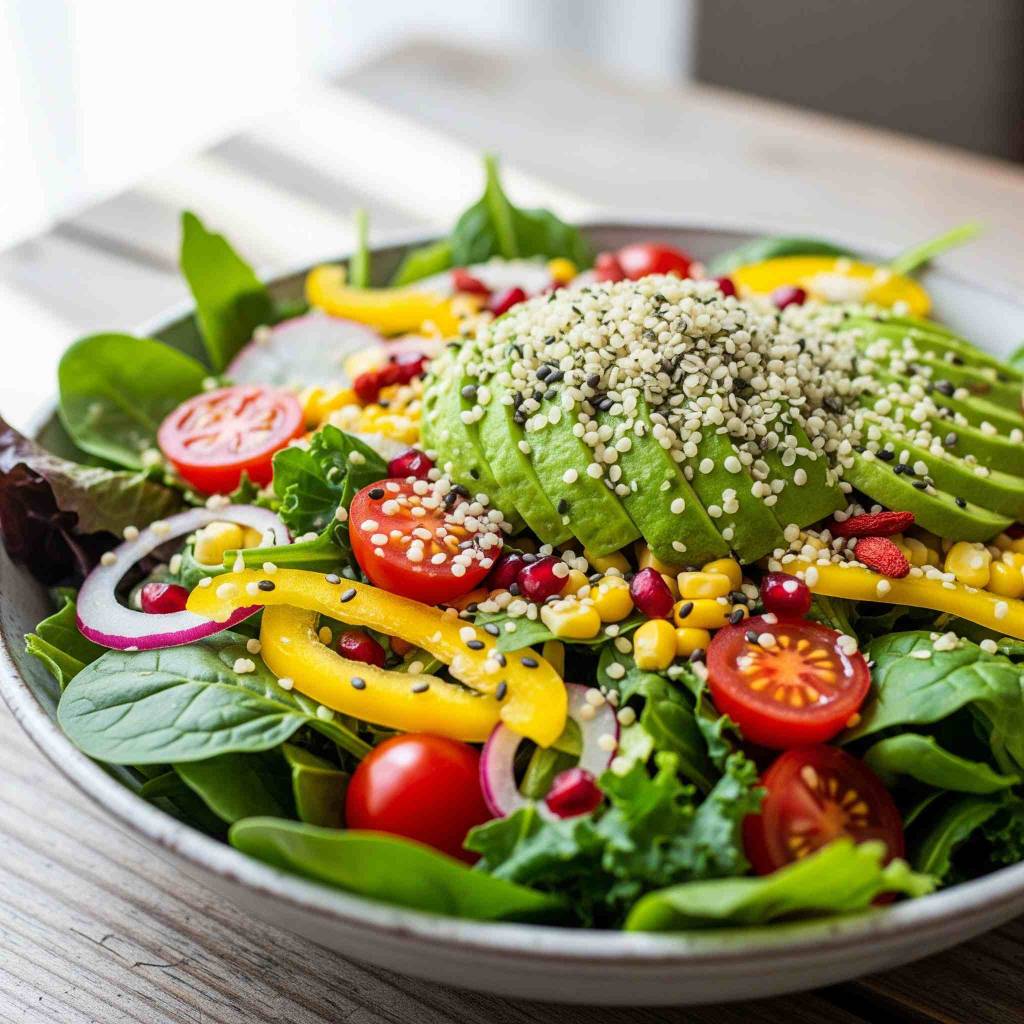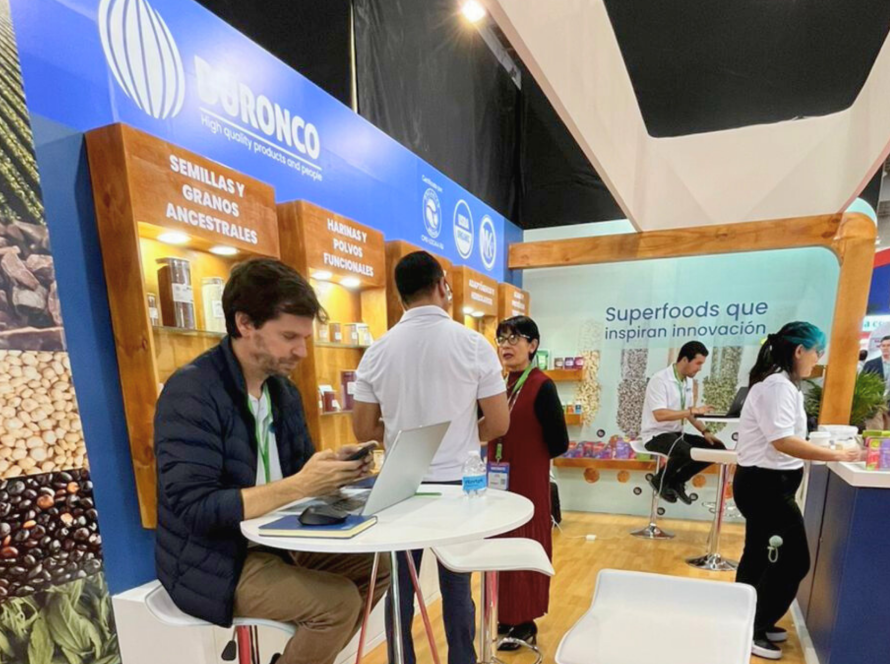At the intersection of nutrition and ecology, protein-rich superfoods are proving to be much more than a dietary trend. They represent a silent revolution in the way we think about food production, offering a sustainable alternative to traditional protein sources with a significantly lower environmental impact.
The protein production model, especially from animal sources, faces considerable challenges on a planet with limited resources. Intensive livestock farming consumes large amounts of water and land and is one of the main sources of greenhouse gas emissions. According to the Food and Agriculture Organization (FAO), livestock accounts for approximately 14.5% of global greenhouse gas emissions.
“As a supplement brand, the purity of our ingredients is our priority. Duronco’s organic cordyceps mushroom powder and organic hemp protein are of the highest quality. Their USDA certification gives us the confidence to include their products in our most demanding formulations.”
Daniel G.

In contrast, plant-based protein superfoods offer a much lighter environmental footprint.
Foods such as hemp seeds, quinoa, lentils, and algae require less land, water, and energy to produce an equivalent amount of protein. Chlorella and spirulina, for example, can be cultivated in bioreactors or ponds, minimizing the need for large areas of farmland and allowing for controlled, efficient production.
A paradigmatic example is quinoaThis Andean grain is not only a complete protein but also remarkably resilient to adverse conditions. It grows in poor soils and at high altitudes, and requires less water than conventional cereal crops, making it an ideal crop for food security in drought-prone regions. Although its popularity has led to overexploitation challenges in some areas, sustainable farming practices are helping to ensure its long-term viability.
The hemp is another fascinating case study. This robust plant improves soil health, as its deep roots prevent erosion and return nutrients to the earth. It requires no pesticides or herbicides to grow, and its cultivation is far more water-efficient compared to other protein crops. Hemp seeds are a complete protein source, positioning it as an ideal candidate for a sustainable diet.
Choosing these superfoods is not only an act of self-care but also a conscious decision with global ramifications. Increasingly, consumers aware of the impact of what’s on their plate are opting for plant-based proteins to reduce their carbon footprint. Food brands and companies, in turn, are responding to this demand by innovating products that incorporate these sustainable ingredients.
By integrating these superfoods into our diet, we not only nourish our bodies with high-quality protein and other essential nutrients, but we also actively participate in a food system that is more respectful of the environment. It is a reminder that the choices we make in the kitchen can have a positive impact that extends far beyond our own health, contributing to a more sustainable future for all.




